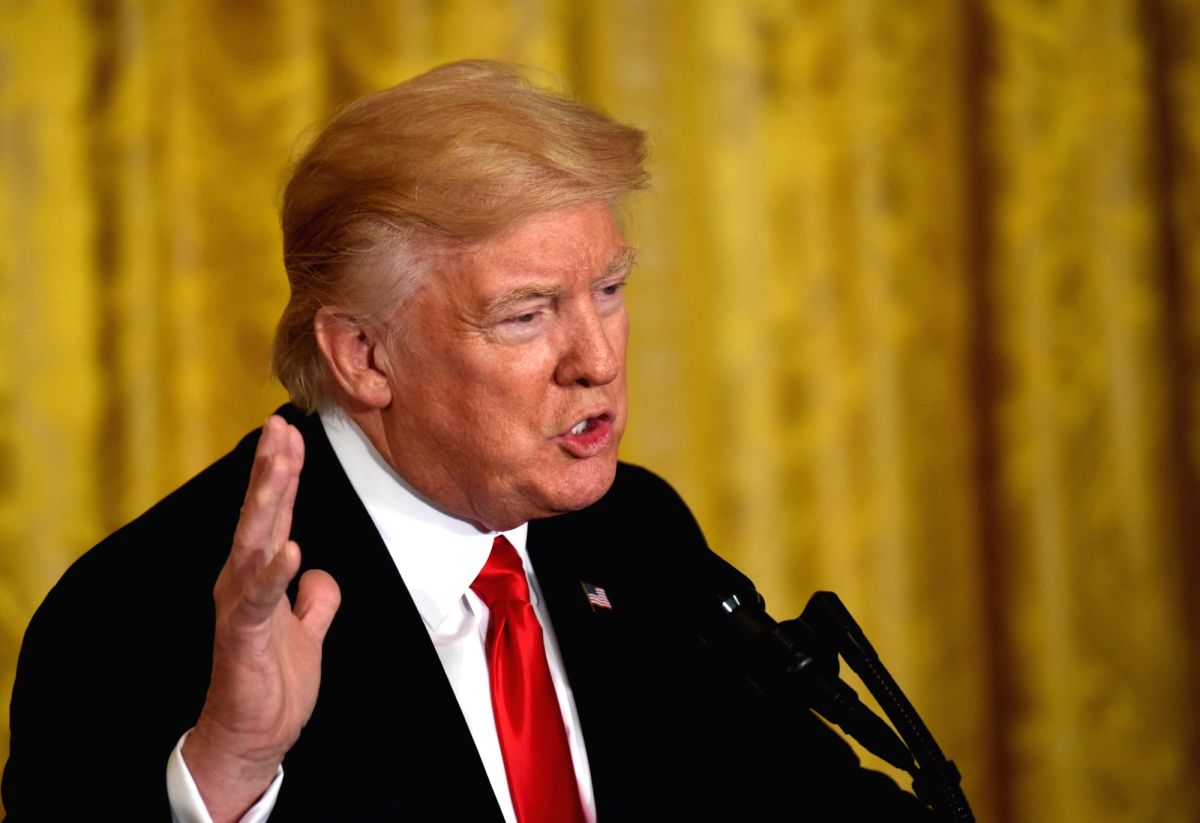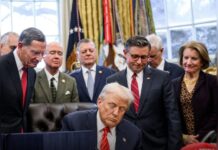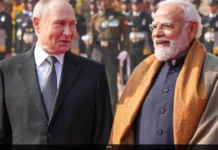NEW YORK: US President Donald Trump has taken aim at generic pharmaceutical imports with a programme to boost domestic manufacture that could put a dent in one of India’s niche exports.
At the centre of the programme he announced on Tuesday is the resurrection of the fallen photography giant Kodak as a pharmaceutical company using the Defence Production Act (DPA) to make generics.
Pushing for self-sufficiency in the aftermath of the COVID-19 pandemic that found the US dependent on imports for its medical needs, Trump said that while 90 per cent of the prescriptions are for generics, less than 10 per cent of the active pharmaceutical ingredients needed to make them are currently manufactured in the US and more than 50 per cent are made in India and China.
He asserted that his initiative is “a breakthrough in bringing pharmaceutical manufacturing back to the United States”.
The initiative is in line with his America First agenda, a pillar of which is to bring back manufacturing to the US.
The Kodak plant, which will get a $765 million government loan under the DPA, will make the key starting materials that are the building blocks for many drugs in addition to generic active pharmaceutical ingredients, he said.
“Once this new division is fully operational, in addition to all of the other plants that we’ve opened with other companies throughout the United States recently, it will produce as much as 25 per cent of all active ingredients needed to make generic drugs in the USA,” he said.
While that will cut US dependence on imports, the nation will still have to rely on imports for the bulk of its needs. The US is the single largest market for India’s pharmaceutical exports taking in medicines worth about $5.8 billion every year. As the coronavirus raged in April, Trump personally asked Prime Minister Narendra Modi to lift the ban on the export of pre-ordered hydroxychloroquine (HCQ) to meet US needs to treat COVID-19 cases.
However, in the short-run, at least, India’s generic pharma sector may gain from another Trump initiative launched last week to allow individuals Americans to directly import generic medicines.
This provision was in one of several executive orders Trump signed to lower the prices of medicines in the US, which are the highest in the world.
Health Secretary Alex Azar explained that under the “personal importation” provision in the order, the Food and Drug Administration will set up a system to allow individuals to import prescription medicines from countries that have regulatory regimes comparable to the US.
The FDA has a presence in India to ensure that medicines made there “meet FDA’s safety and quality requirements”, according to the agency. The order is scheduled to come into effect on August 24 and in the meanwhile, pharmaceutical companies can come up with proposals to cut costs of medications.
Azar said that imports of injectible medicines and controlled drugs such as opioids would not be allowed under the personal importation programme.
Explaining his order, Trump said, “For decades, our citizens have paid the highest prices for drugs — prescription drugs — anywhere in the world, and it’s not even close.” The same medicines are sold with a much higher markup in the US.
“A pill that would cost $1 could be $7, $8 in our country. Same exact pill,” Trump said, mentioning Germany and Canada in particular as places where the drugs are sold cheap. A major step he has taken is requiring Medicare, the federal health insurance programme for seniors, to pay the lowest prices other countries pay.
Explaining its impact, Trump said that if some other country pays $1 and the US was paying $5, it will now pay only $1. In reality “what’s going to happen is their number will go up, our number will come very substantially down, and we’ll all agree at two and a half or two or whatever the final number is,” he said.
One effect of this on countries like India is that prices of medications sold there by multinationals could be increased, if the US brings it into how the pricing mechanism is determined. However, India does not have a similar centralised government mechanism for drugs purchase like the US Medicare or those of some European countries.
Trump was mainly taking aim at European countries through this provision, derisively calling their systems “socialist healthcare”, which the US was indirectly subsidising by underwriting the research and development costs.







